Through his best-selling books, courses, and soon-to-be retreat center in Medellin, Colombia, Mike Murphy’s life’s work is to help people achieve their dreams and manifest their deepest desires. We hope you enjoy this interview!
Coaching Focus: To me, it’s crucial to make clients feel comfortable and build trust. I aim to inspire and encourage them to shift from their head, story, and ego to their heart. I want them to share what they feel about their relationships, jobs, health, and finances, rather than what they think about them. Once we establish trust and operate from the heart, we can identify their goals and create a game plan.
Location: California, USA
Connect: You can find Mike online at his website as well as on Instagram, Facebook, Twitter, and YouTube.
Tell us about your journey as a coach.
I’ve been coaching people throughout my life.
For instance, in my early twenties, I would visit juvenile delinquent facilities and teach personal development courses to the young inmates aged 14 to 18. I coached them on improving their lives after leaving that situation. Later, I became an entrepreneur, owning car dealerships for 30 years. My coaching centered around helping my employees succeed in their personal goals, not just what was best for the business.
I’ve always focused on what people want and what’s best for them and their families. I coached my kids in various sports activities, and I also coached men facing challenges in their lives through my involvement in the church. My coaching career has been largely informal.
Now, as an author and creator of the Creation Frequency online course, many people approach me for coaching. I mostly do it on a pro bono basis, as I genuinely want to help those who are struggling, stuck, or haven’t tapped into their potential yet.

Professionally, my team provides coaching through our retreat center, Mountains of Hope. Additionally, we’re launching a program to coach men with compulsive behaviors or detrimental habits that impact their quality of life. I guide them in rewiring their neural pathways and developing new positive habits. For individuals dealing with addiction, I offer personalized one-on-one assistance to overcome those challenges.
What books have significantly influenced your life? What are your key takeaways from these books?
When I look at my bookshelf, there is a mix of different books, all sharing the same space. Alongside self-help books, I have Bibles, books by spiritual teachers like Eckhart Tolle, Byron Katie, and Ram Dass, books about Buddhism, Hindu texts, and a copy of the Quran.
My bookshelf reflects my interest in taking care of my soul. I’ve always been curious about religion, spirituality, and the big questions of life and death. I’m a seeker of truth, and I believe that truth is always changing. Nowadays, I don’t belong to any specific religious group, but I incorporate elements of both Christianity and Buddhism into my life.
At this point in my life, with all that I’ve learned, I hold certain beliefs, and the most important one is that we are all connected. I believe that this message of unity lies at the core of all religions created by humans. Despite their different stories, practices, and mysteries, they convey the notions that God is love, serving others is essential, and we are all interconnected.
Aldous Huxley, a renowned scholar of religion, expressed this idea in his influential book The Perennial Philosophy, stating that all great traditions point to the underlying sense of oneness that serves as the foundation for our diverse experiences. In other words, they suggest that beneath the surface of diversity, there is a fundamental unity. My late wife Margot also embraced this belief, expressing in her final days, “I choose to believe that an invisible power or energy connects us all, known by different names but which I call God.”
Understanding that we are all connected doesn’t require religious affiliation. Even scientists, from ecologists to quantum physicists, are now demonstrating the various ways in which we depend on and intertwine with each other. Albert Einstein wrote to a grieving friend that a person is part of a larger whole called the “Universe,” experiencing themselves as separate due to an illusion created by their consciousness. The true essence of religion, he believed, lay in the pursuit of freeing oneself from this illusion.
Despite their different stories, practices, and mysteries, they convey the notions that God is love, serving others is essential, and we are all interconnected.
It’s important to differentiate between spirituality and religion. This doesn’t mean that one is superior to the other. Throughout much of my life, I practiced a religious faith, but I’ve come to understand that spirituality doesn’t rely on adhering to specific religious doctrines.
For me, spirituality encompasses the belief in a fundamental oneness that underlies all religions. That’s why my bookshelf contains a diverse collection of texts from various faiths. Even if you don’t identify as religious, you can still embrace spirituality. And if you follow a particular faith, you can find spiritual fulfillment within your own tradition.
When you feel overwhelmed, stressed, or have lost your focus or motivation, what do you do?
One practice that brings nourishment to the heart, mind, and soul is keeping a journal. Throughout my life, I’ve kept a journal, and it’s been valuable to have a record of my experiences. It allows me to reflect on the challenges I’ve faced, the obstacles I’ve overcome, and the blessings I’ve received. Every morning, I take a quiet moment to write in my journal. I follow a simple three-step approach that starts with gratitude and ends with love.
I begin by expressing gratitude to God or the universe for all the things I’m thankful for in my life. Gratitude opens my heart and connects me to the energy of love and abundance. Then, I ask for wisdom to navigate the choices, challenges, or dilemmas I’m facing. I believe there’s a source of wisdom and guidance in the universe, and by writing down specific situations, I invite that wisdom and focus the energy of the universe on those issues. Finally, I conclude by offering thanks and love to the power and energy that unites us all.

In summary, keeping a journal is a practice that brings me joy and helps me grow. It involves gratitude, seeking wisdom, and expressing love. By following this simple approach, I honor my unique voice and embrace the powerful messages within.
Do you have any examples of how a “failure” set you up for later success?
My early life was filled with challenges due to my parents’ alcoholism. Following in their footsteps, I also became an alcoholic. Growing up, I found myself in trouble with the law, got kicked out of multiple schools, and was involved in several car accidents while under the influence.
At fourteen, I ran away from home but was eventually guided back by a kind priest. This was just the first of many attempts to escape my troubled life. In my twenties, I impulsively married my teenage sweetheart. Our marriage was a hasty decision, as neither of us truly knew ourselves or each other. I was a terrible husband, unfaithful and unemployed, sinking deeper into destructive habits to numb my guilt.
When our daughter was born, I hit rock bottom. Overwhelmed by shame and the realization that everyone saw me as a failure, I ran away once again. But this time, my wife had reached her breaking point. When I reached out to her after a week of partying, she refused to take me back.
Feeling desperate, I found myself standing outside the church where we had exchanged vows. Although I wasn’t a believer, I felt compelled to seek divine intervention. I demanded a sign from God, a clear indication that would make me believe and change my ways. However, nothing extraordinary happened in that moment.
While it may seem like a failure at that time, that experience became a turning point in my life. It forced me to face the consequences of my actions and the person I had become. The realization of my failures and the loss of my family served as a wake-up call.
Following that incident, I embarked on a journey of self-reflection, self-improvement, and personal growth. I acknowledged the destructive path I had been on and was determined to make a change. It was a gradual process that required immense effort and commitment, and over time, I was able to overcome my addictions, rebuild relationships, and create a new and more fulfilling life.
Looking back, I now understand that the “failure” I experienced in that desperate moment became the foundation for my later success. It acted as a catalyst for self-transformation, motivating me to address my flaws, confront my past, and make significant changes. Through this journey, I discovered the importance of personal responsibility, resilience, and the potential for growth.
The Life Coach Magazine staff is your team for high-quality content on topics from personal development, to coaching tips, to how to grow your coaching business.

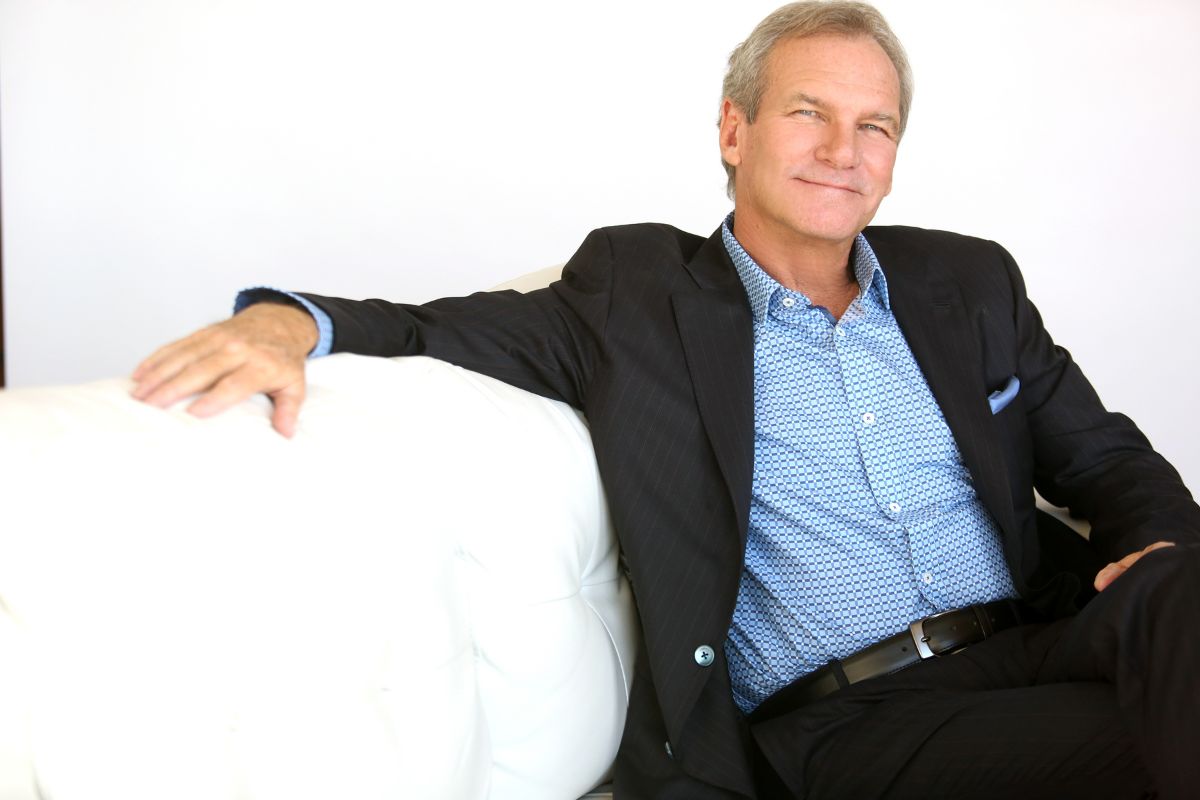

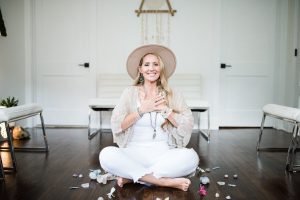

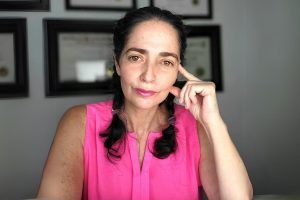

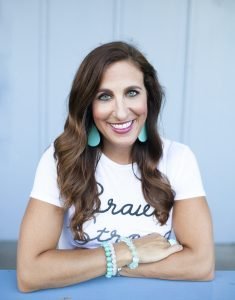

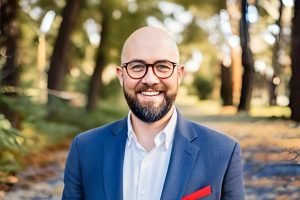
Be First to Comment